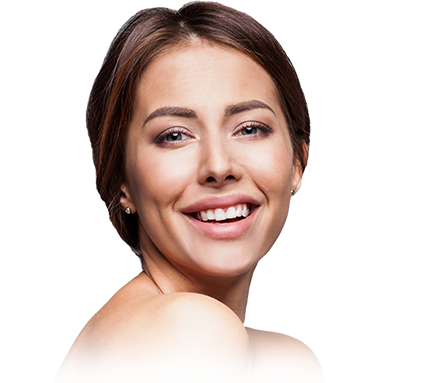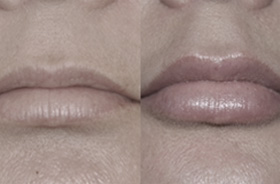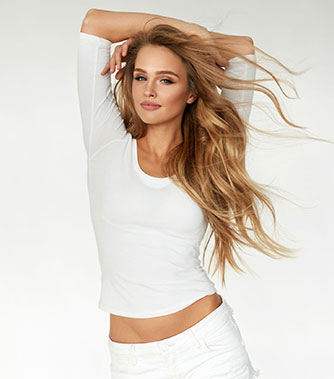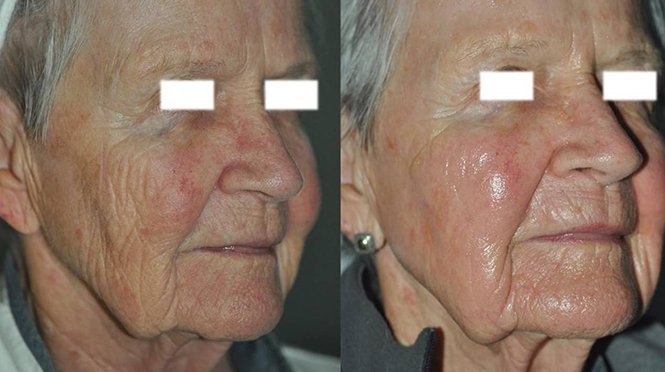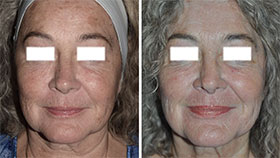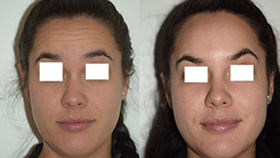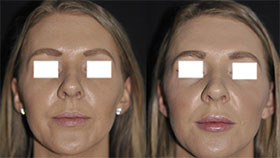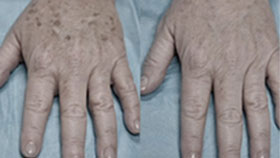From Thinning to Thriving: A Dermatologist’s Guide to Vitamins for Hair Loss
Hair loss is a common problem that affects millions of people around the world. Although there are several factors that contribute to hair loss—including genetics, aging, hormonal imbalances, and certain medical conditions—deficiencies in certain vitamins and minerals are also known to cause hair loss. As dermatologists serving Florida, we known that biotin, vitamin D, and iron are three of the most recommended supplements for hair loss, but taking these supplements also comes with potential risks and benefits.
Biotin is a B-vitamin essential for healthy hair, skin, and nails. Biotin deficiency is rare, but it can cause hair loss, skin rashes, and brittle nails. Biotin supplements are commonly recommended for people experiencing hair loss, but there is limited evidence to support their effectiveness. Some studies suggest that biotin supplements can improve hair thickness and reduce hair loss, while others show no significant benefits.
One potential risk of taking biotin supplements is that they can interfere with certain laboratory tests, including thyroid function tests and tests for troponin, a marker of heart damage. This can lead to misdiagnosis and unnecessary medical procedures. Additionally, high doses of biotin supplements can cause skin rashes, acne, and gastrointestinal distress.
Vitamin D is another essential nutrient that plays a role in hair growth. Vitamin D deficiency is common, especially in people who live in areas with limited sun exposure. Studies suggest that low levels of vitamin D are associated with hair loss, but it is unclear whether vitamin D supplements can reverse hair loss.
In addition to its potential benefits for hair growth, vitamin D is also important for bone health, immune function, and mood regulation. However, excessive intake of vitamin D can lead to toxic levels in the body, which can cause nausea, vomiting, weakness, and even kidney damage.
Iron is a mineral that is essential to produce hemoglobin, the protein that carries oxygen in the blood. Iron deficiency anemia is a common cause of hair loss, especially in women. Iron supplements are often recommended for people with low iron levels, but they can also cause side effects, including constipation, nausea, and stomach pain.
It is important to note that taking supplements is not a substitute for a healthy diet and lifestyle. Eating a balanced diet that includes a variety of nutrient-rich foods is the best way to ensure that your body is getting the vitamins and minerals it needs for healthy hair growth. Supplements should only be taken under the guidance of a healthcare provider, and it is important to follow the recommended dosages to avoid potential side effects.
In conclusion, biotin, vitamin D, and iron supplements are commonly recommended for hair loss, but their effectiveness varies, and taking these supplements also comes with potential risks. It is important to consult with a board-certified dermatologist at Skin Wellness Physicians before starting any supplement regimen and to prioritize a healthy diet and lifestyle for optimal hair and overall health.
Contact the Skin Wellness Physicians team by calling (239) 732-0044 or submitting a contact form to request a consultation.

